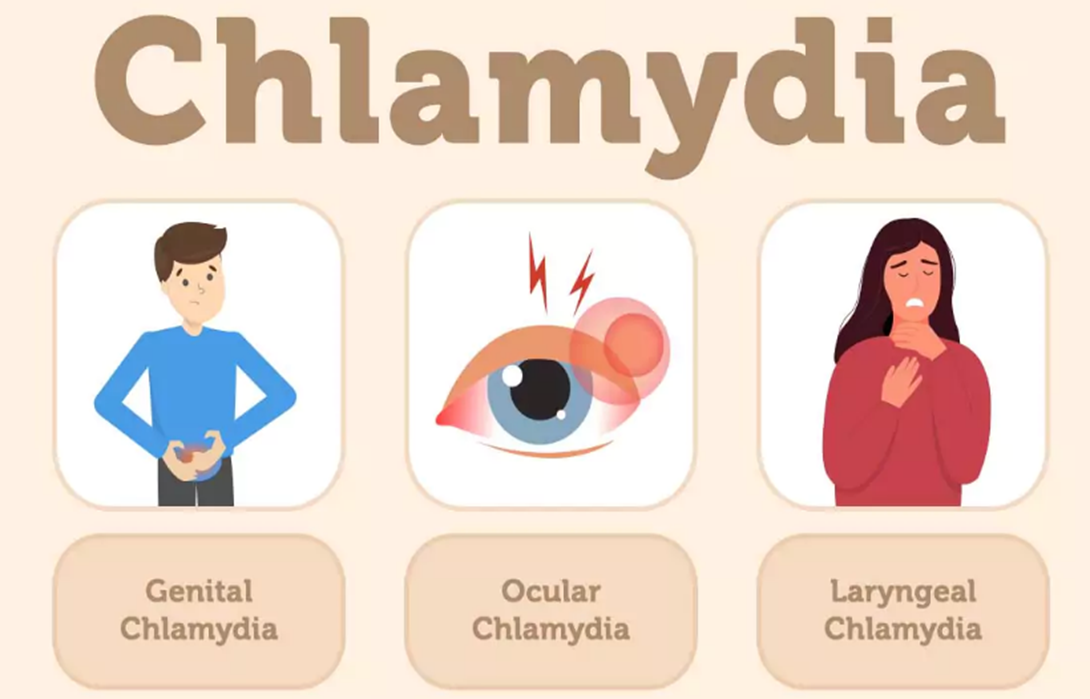A nurse is preparing to transfer a client from the emergency department to a medical-surgical unit using the SBAR Communication tool. Which of the following information should the nurse include in the background portion of the report?
The client's code status
The client's vital signs
The client's name
A prescribed consultation
The Correct Answer is C
Choice A reason: The client's code status is not part of the background information, but rather the recommendation or request section of the SBAR Communication tool. The code status indicates the level of resuscitation the client wishes to receive in case of a cardiac or respiratory arrest.
Choice B reason: The client's vital signs are not part of the background information, but rather the assessment section of the SBAR Communication tool. The vital signs reflect the client's current condition and response to treatment.
Choice C reason: The client's name is part of the background information, along with the client's age, diagnosis, reason for admission, and relevant medical history. The background information provides a brief overview of the client's situation and helps to identify the client.
Choice D reason: A prescribed consultation is not part of the background information, but rather the recommendation or request section of the SBAR Communication tool. A consultation is a referral to another health care professional for further evaluation or management of the client's condition.
Nursing Test Bank
Naxlex Comprehensive Predictor Exams
Related Questions
Correct Answer is D
Explanation
Choice A reason: I should discard personal health information documents in the trash before leaving the unit is not a correct statement, as it violates the client's privacy and the Health Insurance Portability and Accountability Act (HIPAA). I should shred or dispose of personal health information documents in a secure container or according to the facility's policy.
Choice B reason: I can post the client's vital signs in the client's room is not a correct statement, as it exposes the client's health information to unauthorized persons. I should keep the client's vital signs confidential and only share them with the client and the health care team.
Choice C reason: I can use another nurse's password as long as I log off after using the computer is not a correct statement, as it compromises the security and integrity of the electronic health record. I should use my own password and never share it with anyone else.
Choice D reason: I should encrypt personal health information when sending emails is a correct statement, as it protects the client's privacy and the HIPAA. I should use encryption or other secure methods when transmitting personal health information electronically.
Correct Answer is C
Explanation
Choice A reason: Using condoms during treatment for chlamydia is important for preventing transmission, but this is not the priority nursing action. The most critical step for the nurse is fulfilling the legal and public health obligation to report the infection to the health department, as chlamydia is a reportable sexually transmitted infection.
Choice B reason: This is not the correct choice because this action is not appropriate for clients who have chlamydia. Chlamydia is caused by bacteria, not viruses, so antiviral creams are ineffective and unnecessary. The nurse should administer the prescribed antibiotics and monitor the client for any adverse reactions or complications.
Choice C reason:Reporting the infection to the local health department is correct. Chlamydia is a reportable disease in all states, and this step ensures proper public health tracking, partner notification, and prevention of further spread. This is a nurse’s responsibility in accordance with infection control and community health regulations.
Choice D reason: This is not the correct choice because this action is not indicated for clients who have chlamydia. Contact precautions are used to prevent the transmission of infections that are spread by direct or indirect contact with the client or their environment. Chlamydia is not spread by contact, but by sexual intercourse. The nurse should use standard precautions, which include hand hygiene and wearing gloves, when caring for the client.

Whether you are a student looking to ace your exams or a practicing nurse seeking to enhance your expertise , our nursing education contents will empower you with the confidence and competence to make a difference in the lives of patients and become a respected leader in the healthcare field.
Visit Naxlex, invest in your future and unlock endless possibilities with our unparalleled nursing education contents today
Report Wrong Answer on the Current Question
Do you disagree with the answer? If yes, what is your expected answer? Explain.
Kindly be descriptive with the issue you are facing.
